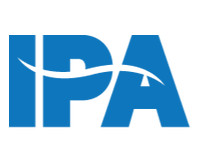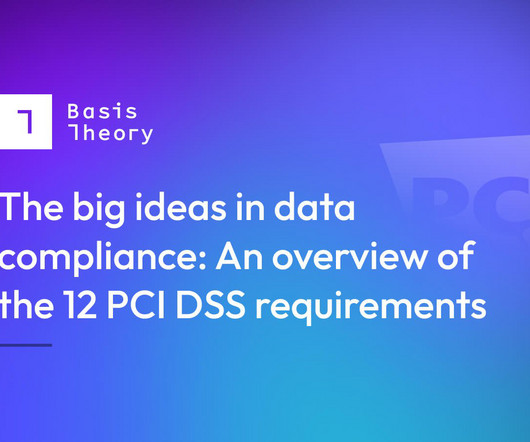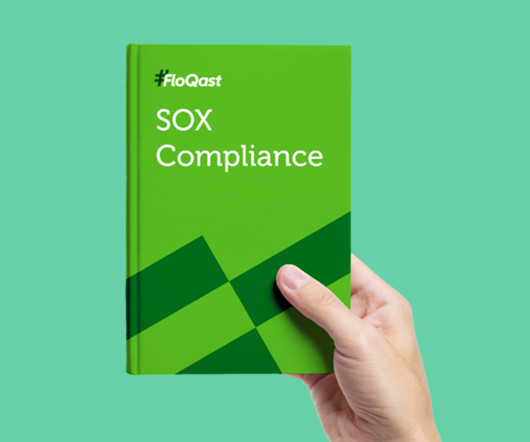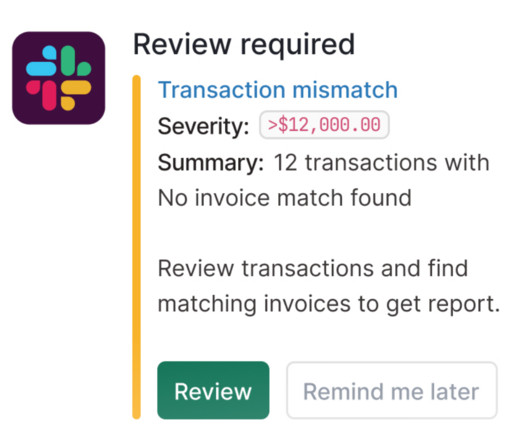Top regulatory priorities for the payments sector
The Payments Association
FEBRUARY 14, 2025
Firms should be prepared for more onerous record-keeping and reporting requirements and factor in the costs of additional compliance obligations, including holding client funds under statutory trust. Employees should be well-versed in the safeguarding procedures and understand their role in protecting customer funds.





















Let's personalize your content